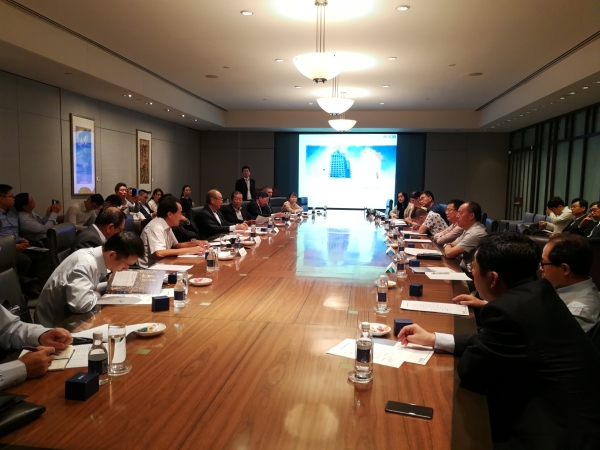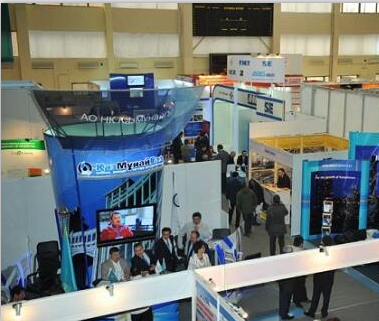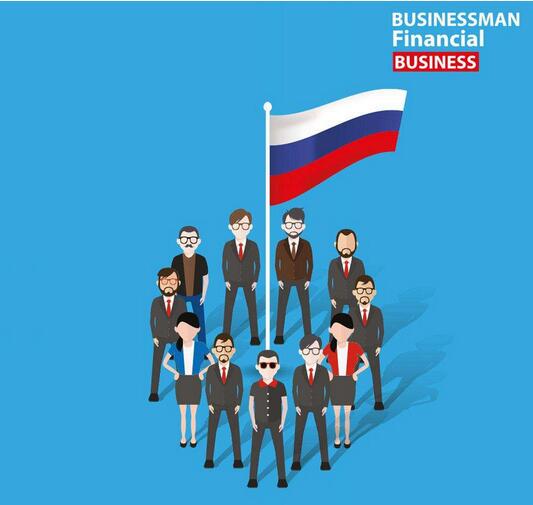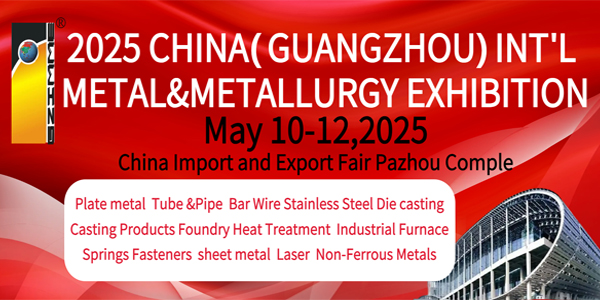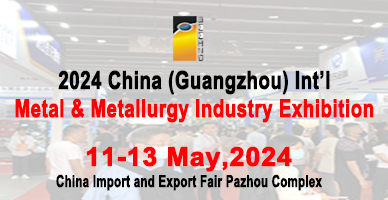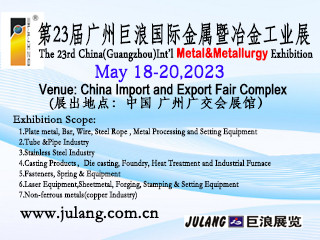The Ministry of Commerce has briefed Chinese and European semiconductor enterprises on Beijing's rare earth export control procedures, indicating a potential relaxation of restrictions for European chip supply chain companies to further stabilize global industrial chains, people familiar with the matter told China Daily.
The policy clarification occurred during a Sino-European semiconductor industry cooperation meeting held in Beijing on Tuesday, at which the ministry's Bureau of Industry, Security, Import and Export Control detailed compliance requirements for rare earth exports, the sources said on condition of anonymity.
One source familiar with the closed-door meeting said, "Rare earth elements are indispensable in semiconductor manufacturing. The briefing guided companies and their suppliers on export license applications, signaling enhanced cooperation."
Another source interpreted the move as paving the way for "possible easing of rare earth export controls to European Union-involved semiconductor supply chains", reflecting China's reaffirmed commitment to global industrial stability.
Three Chinese companies, including Baotou Tianhe Magnetics Technology Co, received licenses earlier this month to export rare earth magnets to their overseas clients for use in new energy vehicles and consumer electronics, according to a report from Chinese financial media outlet Caixin.
As for Tuesday's meeting, the Commerce Ministry said on Wednesday in a statement that more than 40 Chinese and European upstream and downstream semiconductor enterprises had participated. Attendees included officials from central government departments, as well as representatives from the China Semiconductor Industry Association and the European Union Chamber of Commerce in China.
The meeting said that China and Europe occupy critical positions in the global semiconductor supply chain. Strengthening collaboration in this field aligns with the shared interests of both sides.
Against the backdrop of a complex and challenging international landscape marked by rising uncertainties, China will continue to advance high-standard opening-up and create a fair, stable, transparent and predictable environment for enterprises, the Ministry of Commerce added.
The meeting also stressed that China firmly opposes unilateralism and bullying practices, advocating for the security and stability of the global semiconductor supply chain.
He Hui, semiconductor research director at United Kingdom-based tech research company Omdia, said that China and Europe are highly complementary with each other in the semiconductor industry, and the potential for cooperation is big.
"European semiconductor companies are very strong in industrial chips and auto chips. And China is the world's largest auto market and a major automaker. As a result, almost for any European chip company, China is their biggest market," she said.
Meanwhile, Chinese semiconductor supply chain companies are making progress, which can better support European chip companies to operate factories and offer better services in China, she added.
David Poon, president of Infineon Technologies Greater China, said the German chipmaker sees growing opportunities from "China's focus on green, low-carbon and high-quality development".
He said that new quality productive forces span a wide range of industries, such as intelligent connected new-energy vehicles, renewable energy, new materials and humanoid robots, and Infineon's semiconductors empower innovation across all these fields.
"With our 'In China, For China' strategy, we plan to increase local production of general purpose semiconductors to address customer needs about supply resilience. In the coming years, we aim to expand collaboration with local partners and broaden our local production to cover a wide range of automotive products," Poon said.
As the world's largest semiconductor market, the Chinese mainland consumes more than half of the world's semiconductors, which are then assembled into products to be reexported or sold in the domestic market, according to research company Daxue Consulting.
